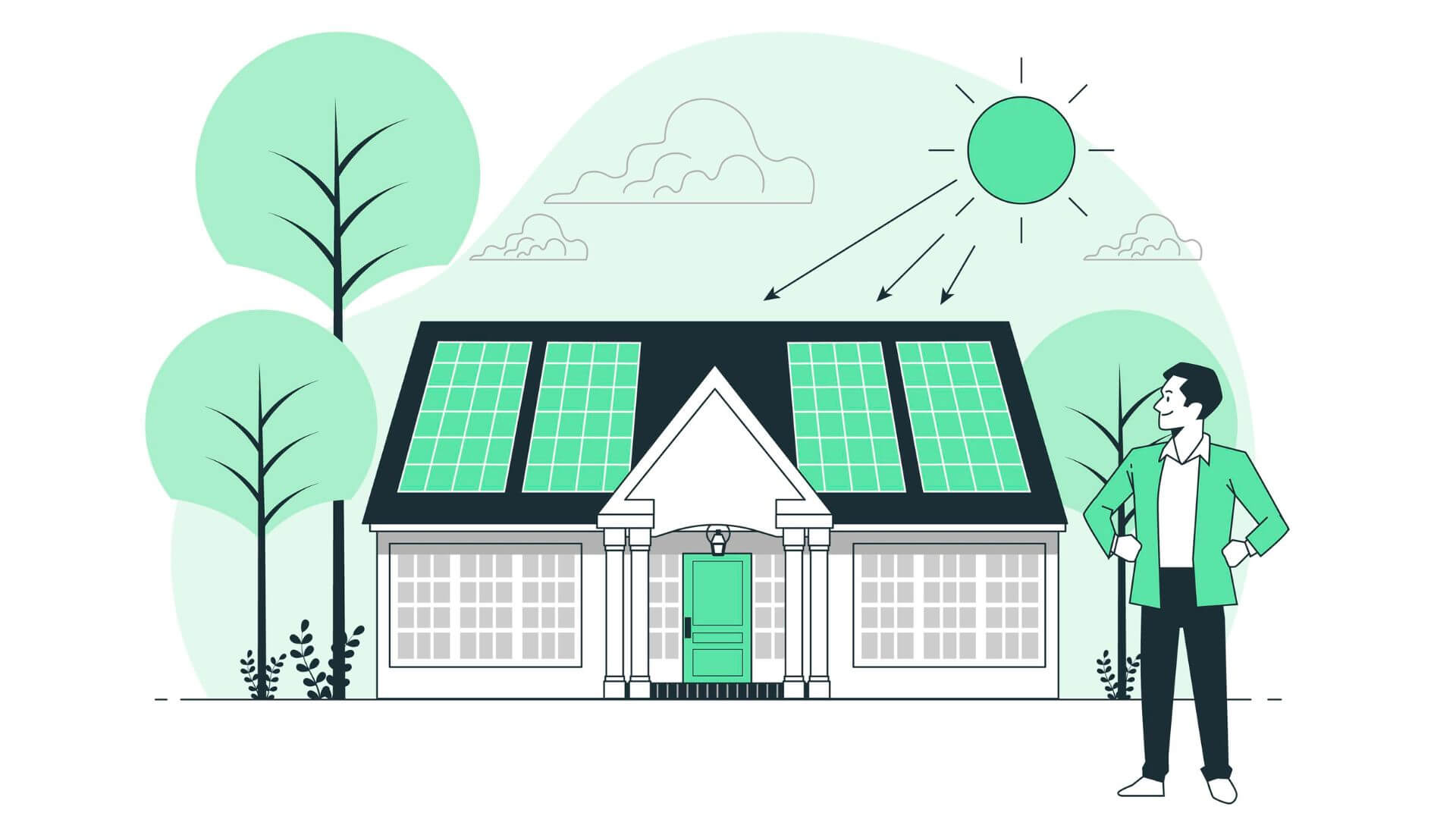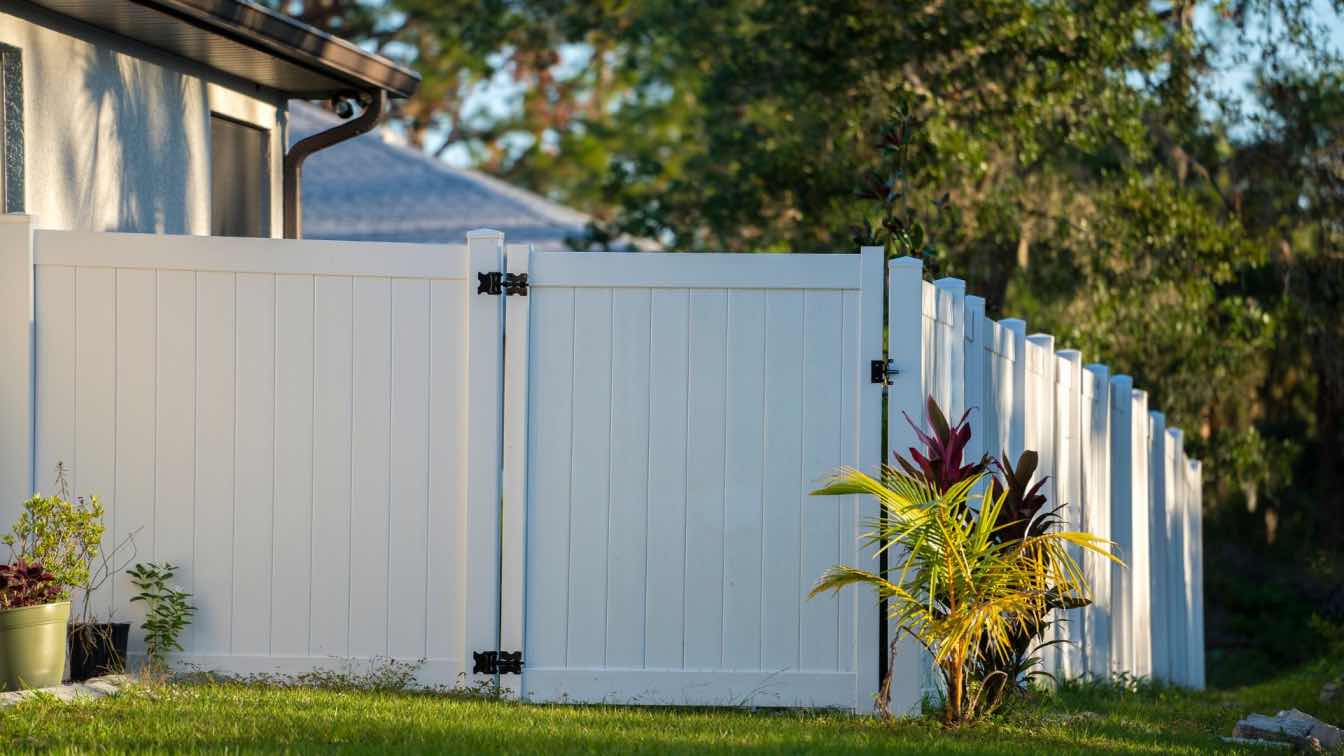Manufacturing plants and industrial facilities consume a lot of energy and pay enormous bills for it. Commercial solar panels can significantly offset these costs, allowing businesses to focus on growth and innovation rather than on utility bills. Let’s take a look at the best solar panels, exploring their usage, efficiency factors, and key considerations for choosing the best panels.
5 best industrial solar panels
Let’s get straight to the point. Here are the top 5 best industrial solar panels to choose from.
Aptos Solar DNA 440 W – Need for power
The Aptos Solar DNA 440W boasts an impressive energy production, outshining standard 440W solar panels by 30%, because of its rear side. Furthermore, Aptos ensures your peace of mind with a comprehensive 25-year product warranty coupled with a 30-year performance warranty, underlining the panel’s durability. Aptos solar panels exhibit an exceptionally low failure rate, standing at less than 0.01%.
Q.PEAK DUO XL G10.3/BFG — Two sides production
Bifacial Q.PEAK DUO by Q CELLS provides up to a 20% production due to its rear side, if installed correctly. Much like its Q CELLS counterparts, this panel demonstrates good power output even in low-light conditions, such as overcast days and the winter season. Double glass module design ensures an extended lifetime with a 12-year product warranty and a 30-year performance warranty.
Canadian Solar BiHiKu 450 W – Best of the best
The Canadian Solar BiHiKu boasts an impressive power output of 450W and an exceptional efficiency exceeding 20%. Its bifacial design and anti-reflective glass take its energy output to new heights, aligning the panel’s performance with that of 600W counterparts and making it one of the best models in Canadian Solar’s lineup.
Silfab Commercial SIL-490 – For big appetites
The Silfab Commercial SIL-490 stands as a high-output module, attaining 490W power output while maintaining an efficiency of 20.9%. This module presents an excellent option for a spectrum of projects, ranging from modest to expansive in the commercial and industrial sectors. Enhanced by half-cut cells, this panel ensures heightened durability and increased resilience against shading. Furthermore, the panel is supported by a 12-year product warranty extendable to 25 years and a 30-year product warranty.
ZNShine Solar 450W panel – Dream big
The ZNShine Solar 450W is suitable for both residential and small commercial applications. The PERC technology enhances light absorption, making this panel achieve an impressive efficiency of 20.7%. The panel experiences power losses of under 0.55% annually, ensuring over 84.3% of its original capacity even after 25 years of operation.
How to use solar panels for industry?
Industries need energy for various applications, including heating water, powering air conditioning systems, and supporting industrial processes. The integration of solar panels into industrial facilities brings many benefits. Here are some of them:
Cost savings: One of the primary advantages of using solar panels in the industrial sector is the potential for significant cost savings on energy bills. By harnessing solar energy, companies can reduce their reliance on traditional fossil fuels, which not only helps the environment but also shields them from fluctuating energy prices. Additionally, solar power systems often come with incentives, credits, and rebates, further enhancing the financial benefits.
Energy independence: Industries are vulnerable to energy supply disruptions, which can result in costly downtime and production losses. Solar panels, when combined with energy storage systems, enhance energy resilience by providing a backup power source during grid outages. This improves business continuity and reduces the financial risks associated with unexpected energy interruptions.
Corporate social responsibility: As corporate social responsibility gains prominence, industries are under increased pressure to adopt sustainable practices. The integration of solar panels not only aligns with these ethical considerations but also enhances the brand image and reputation of companies. Stakeholders, including customers, investors, and employees, often view solar initiatives as positive contributions to society.
What does the efficiency of industrial solar panels depend on?
The efficiency of industrial solar panels refers to the amount of sunlight a panel can convert into usable electricity. It typically ranges from 13% to 23% and depends on the following factors:
Cell type: Solar panels use three basic types of solar cells – monocrystalline, polycrystalline, and thin-film. Monocrystalline cells are known for their high efficiency, reaching 18–23%, while polycrystalline panels are 3% less efficient but 20–25% cheaper. Thin-film cells are the least efficient, only 10–13%, but flexible, lightweight, and suitable for unconventional installations.
Panel type: Ordinary panels capture sunlight only from one side, while bifacial panels have the ability to capture sunlight from both the front and back surfaces. This unique design enables bifacial panels to generate more electricity by utilizing reflected sunlight, making them 27% efficient.
Technologies used: Half-cut cell design, PERC cells, multibusbars, and other technologies used when building a panel, can contribute to overall efficiency and power generation.
What should I look for when choosing industrial solar panels?
Selecting the right industrial solar panels for your specific needs requires careful consideration of several key factors. Here are some important aspects to keep in mind:
Efficiency and power output: Higher efficiency panels generally produce more electricity from the same amount of sunlight. Consider your available space and energy requirements when choosing between higher efficiency and lower efficiency panels.
Durability and warranty: Industrial solar panels are a long-term investment. Look for panels that are built to withstand harsh environmental conditions. Additionally, pay attention to the manufacturer’s warranty, as it provides assurance of the panel’s longevity and performance.
Panel design: Consider the physical attributes of the panels. Bifacial panels could be beneficial if you have reflective surfaces or a setup that allows light to reach the back of the panels.
Local incentives: Check the local incentives related to solar energy. Some regions offer rebates, credits, tax benefits, or net metering programs that can impact the overall cost-effectiveness of your solar installation.
Brand reputation: Opt for well-established brands with a track record of producing reliable and high-quality panels. Research customer reviews and industry ratings to gain insights into the performance and customer satisfaction associated with specific brands.





